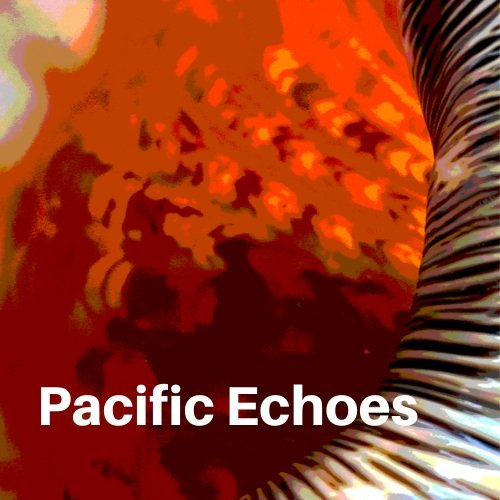Come the AI Revolution
I had the privilege teaching degree students about the world of Te ao Māori a few years ago, as tauiwi I was mindful of stepping into that space. I undertook extensive research, consulted widely with Māori academia, and fired endless questions to fanau with mana whenua connections. But nothing prepared me for the backlash, from the meh of disinterest to full on outright bigotry, a good number questioning if Aotearoa New Zealand’s history was even relevant. An official complaint followed and at one point it garnered enough steam I thought the course would be cancelled, fortunately common sense prevailed. Still it was a blow, only weeks before I was marvelling at the energy and diversity of the class. Once again I consulted with mana wahine academics around the motu; relaying my woeful tale, rightfully they reminded me of the continual transgressions they faced every single day, ie get your arse back out there sister, there’s a job to be done.
So it was back to the drawing board, giving more weight to the delivery of the material (the old catch-more-flies with honey approach) and making it more relatable. We discussed non-binary gender roles (they loved that) the notion that Māori woman were also leaders who stood alongside the men in the battlefield (they loved that more). Meanwhile her Victorian counterpart could not compare; mere chattel signed over from father to husband - that got their attention. I saw a tiny sliver appear, an opening to step into their world to draw them in. I read from essays how the British sought to conform these beautiful, self-actualised women into their notion of feminine - subservient and docile. Finally, in their outrage were signs of interest. They were introduced to the concept of tikanga and this brought up discussions around their own values, where had they originated from? There was extensive talk about ancestors, the journeys made and trying to understand why they trekked half way around the world here to NZ. Valuable ground was made, though it was still early days.
And it wasn’t only the students pushing back, many of my colleagues were middle class, middle aged white males. They wondered what all the fuss was about, getting them on board was essential for any of the material to gain real currency.
And then I came up against a student Tony* (not his real name) and I had to call on every resource, innate skill and basically every brain cell to not lose my shit with him. I liked him immediately, he was bright, hugely talented but his thinking was old school racism. The British had been a civilising force that brought much needed technology he stated. Where would these islands be now if not for colonisation? He pointed to its infrastructure: roads, sewerage, public transport etc marvelling how technology (western technology) had benefited Aotearoa. Every argument I presented he countered, every example proffered was shot down. I envied his ignorance, I couldn’t recall the last time I’d felt that resolute about something. He was confident about the place and status of everything and everyone in this world.
Almost every millennial I have raised the topic of artificial intelligence with, believe in one inevitable outcome: humans will be overwhelmed and enslaved by AI. Our descendants will spend every waking minute working solely for robo-man. I tried to keep a straight face the first time this hypothesis was presented to me, registering a sea of students nodding in unison about what was to come.
Tony seemed unable (or unwilling) to see things from the side of mana whenua, his world was still binary, there was no nuance to the dynamics of the early 19th century, you either conquered or were conquered, end of story. I stepped into his world to ask him the following.
‘When AI take over the world?’ Tony nodded with great enthusiasm. ‘And your descendants are enslaved, I followed. ‘They’re up and down the mines or whatever making sure AI have the resources they need to function… before I leaned in and said very slowly, ‘do you think those people will be grateful for the technology?’
The following year the students armed with new confidence were eager to learn about Te ao Māori concepts, many commenting that the new perspective had also made them aware of having their own worldview and what that meant. Lights were going on, it was exciting. We held weekly quizzes akin to pub models around the signing of Te tiri o Waitangi, they had a clear picture of what the world looked like back in 1840. There was a new respect for Māoridom, disbelief that the contract that birthed a nation was both a blessing and a curse. Much like Tony* their eyes were finally open.
